Disputes with neighbours / or family disagreements
Information and guidance about disputes with neighbours
We will not intervene in neighbour disputes and or family disagreements which by their nature are based on people's intolerance and or prejudice associated with intergenerational, individual and lifestyle differences.
The classic neighbour/family type disputes between individuals do not amount to criminality or anti-social behaviour and are regarded as a private matter between the individuals concerned.
In the absence of parties agreeing to participate with mediation, parties will be advised to seek closure to their situation, through privately accessed civil remedy.
Common types of neighbour disputes
The most common disputes relate to:
- household noise, such as shouting, loud music and barking dogs
- parking
- property boundaries
- overgrowing trees and hedges
- children playing in the street
It is important to note that most of these are civil matters, do not amount to Anti-Social Behaviour and are not matters for the police or council. However, you should certainly contact Lincolnshire Police if a neighbour or someone in your community is:
- violent, abusive or threatening
- harassing you
- breaching the peace
- committing a crime (or you suspect they might be)
If any of the above are the case, please report a crime to Lincolnshire Police.
What is the impact?
Disagreements between neighbours, however small, can fester over time and do lasting damage to your relationships in the long term. That's why we would always encourage you to raise your concerns with one another and find amicable solutions as early as possible.
What you can do
Our first advice is always to talk to your neighbour if possible and try to resolve the issue peacefully. If you have a difference of opinion, see if you can find a compromise that works for both of you, such as no loud music after 11pm.
If you regularly hear your neighbours shouting and arguing, or you feel that the argument you are hearing seems particularly violent, consider whether this could be a sign of domestic abuse.
If you are concerned for anyone's safety within the household, then contact Lincolnshire Police on 999 in an emergency or 101. Alternatively, call the National Domestic Violence Helpline for free on 0808 2000 247
For more advice on resolving neighbour disputes visit the government website.
If talking hasn't worked
If you live in rented property or social housing, your landlord or housing association may be able to help you.
If the problem involves noise, such as a loud party or dogs barking, please visit the Council's noise pollution page.
For disagreements over boundary walls, fences, trees or hedges, contact Citizens Advice for free information and support. In some cases you may also want to contact a solicitor.
On the subject of neighbours' trees and hedges, you can cut any branches or roots that cross over the boundary onto your property. However, these cuttings still belong to your neighbour, so you should speak to them before disposing of them.
If you feel targeted or intimidated
If the problems have escalated or you've been threatened, verbally abused, or personally targeted please report the issue to Lincolnshire Police or the Community Safety Team
We would rather hear from you, and offer advice than find out that you were suffering in silence.




